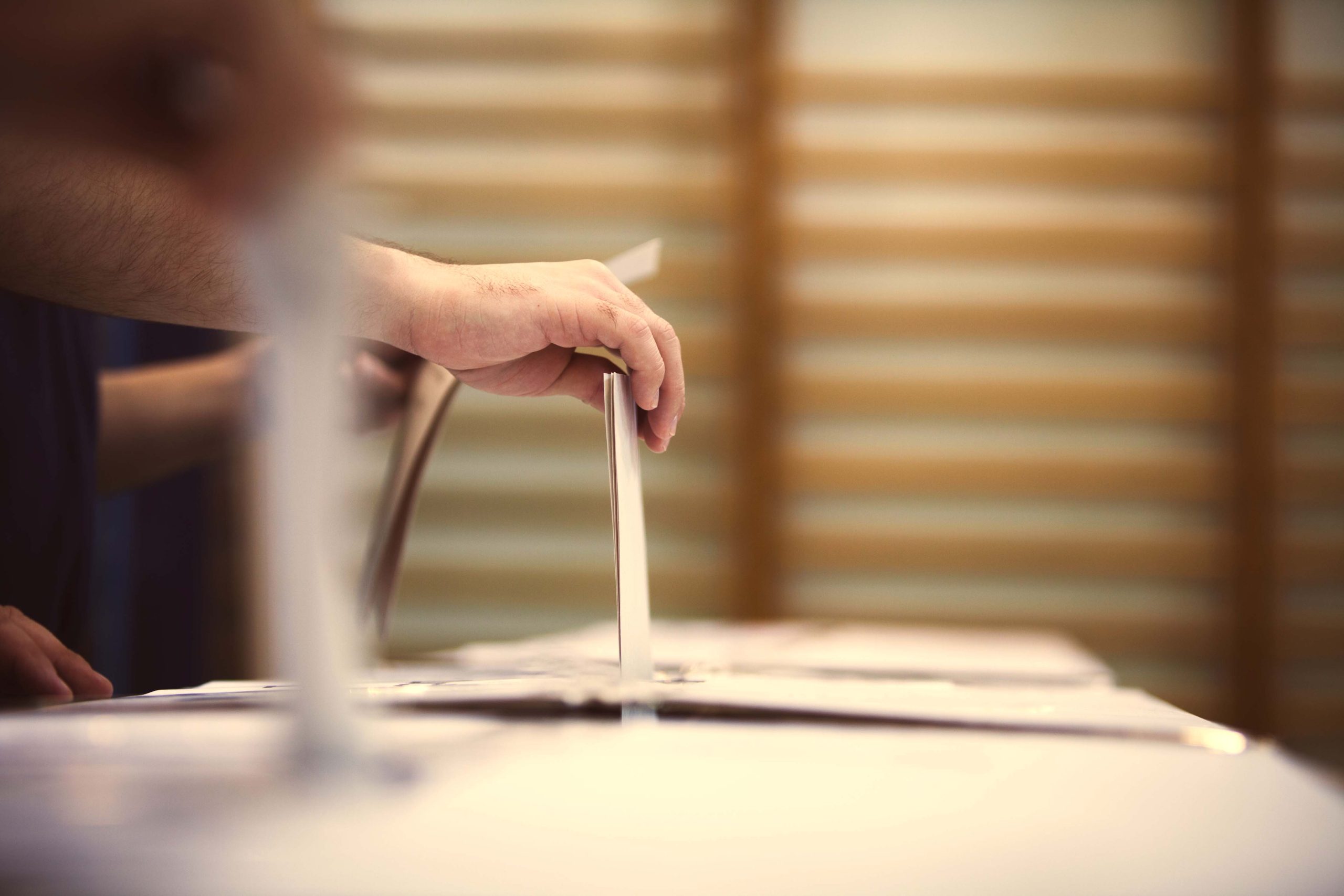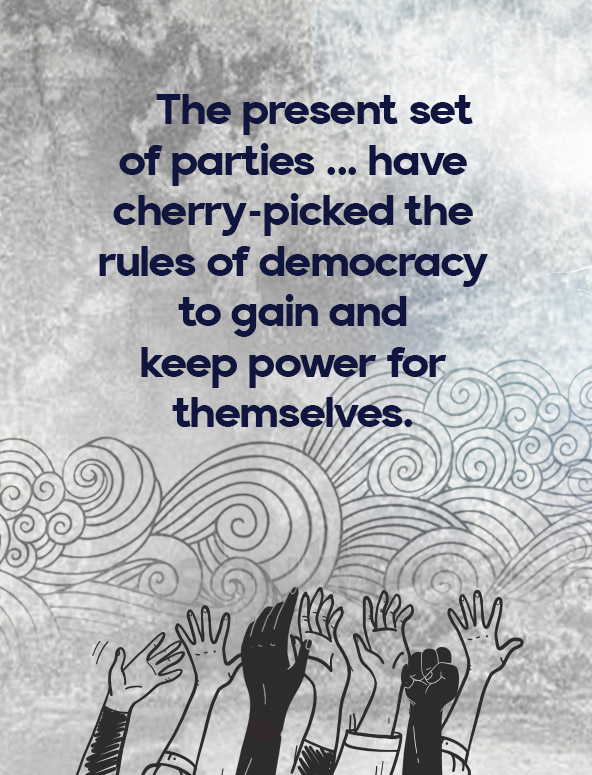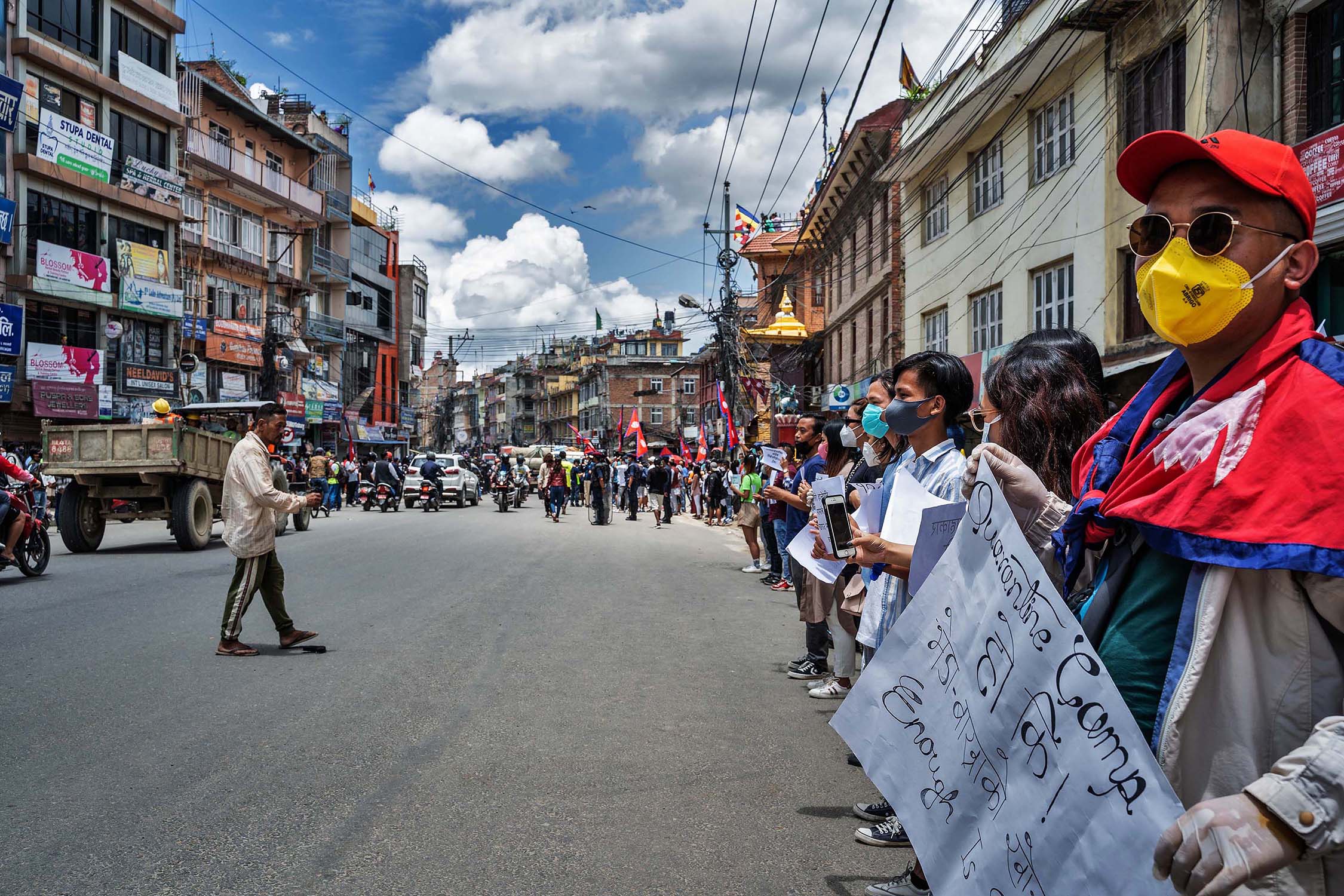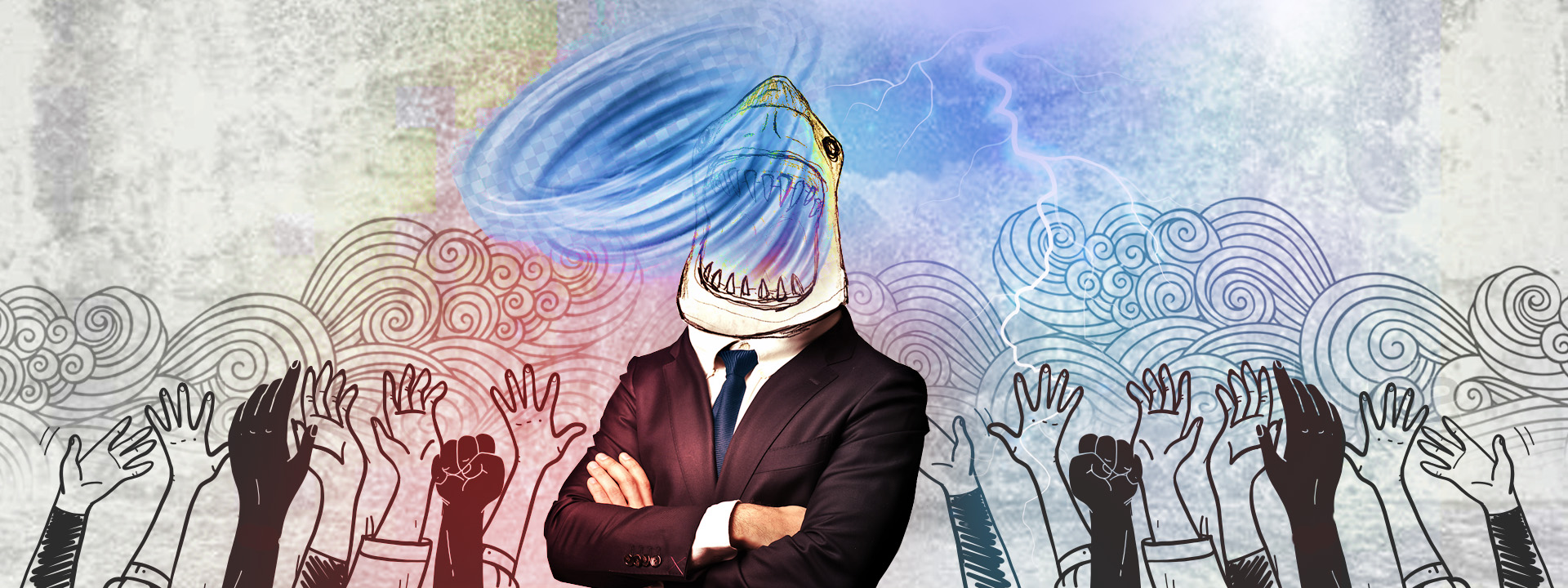When Nepal’s then King Mahendra laid the foundation of the party-less Panchayati system on Dec. 15, 1960, his sole aim was to prove that the multiparty system was bad for the country. The theory was that the multiparty and parliamentary system was inconsistent with Nepali society. To drive home that point, all political parties were banned.
At midnight of April 8, 1990, however, multiparty democracy was restored in Nepal, and the ban on political parties was lifted. The constitution promulgated on Nov. 9, 1990 made political parties part of the charter itself. The preamble of the constitution accepted the multiparty democratic system as mandatory and unchangeable. The caveat was that no party could affect the country’s sovereignty and territorial integrity, disrupt the harmony between castes and communities, incite violence, or be against public conscience.
Political parties are major actors of democracy. They are also the tools to institutionalize the democracy and rule of law. Hence, they are important for the multiparty democratic system because they rise to parliament and government through public endorsements. They lead law-making and governance.
A strong citizenry is crucial in a democracy as well. But in Nepal, the citizens are becoming weaker whereas a handful of political party actors have become stronger. Democracy cannot be strong when only the parties are strong. Today in Nepal, one sees the party leaders becoming powerful and rich. If our democracy were strong, the citizens would be powerful and rich as well. If the anti-money laundering department were working properly, many leaders we currently see preaching from lofty party positions would be sitting inside prison. In Nepal, one can thus say that the political parties and democracy are currently not on the same side.
In the constitutions promulgated after the restoration of democracy — the constitution of 1990, interim constitution of 2007, and constitution of 2015 — there is little difference on fundamental objective and character. In the constitution of 1990, prajatantrik was used to denote democracy. In 2007 and 2015, loktantrik was used instead. Prajatantrik means “rule by the subjects” in a monarchy; loktantrik means “rule by the people.” Both terms assert that the power lies with the people.

A strong citizenry is crucial in a democracy. In Nepal, however, it seems the citizens are becoming weaker as politicians gain strength.
The fundamental interest of political parties then should be to advance the overall interest of the people. But nowadays what the parties are advancing are the vested interests of a small coterie of individuals, thereby jeopardizing democracy. That is also why some of them keep on breaking up and forming “new” parties, much like the coronavirus, which has been producing ever-newer variants. (Nepal now has about 100 political parties, of which 30 are communist.)
Questionable leadership
The machinations within many parties also reflect their increasingly undemocratic way of thinking. The constitution is democratic; therefore, a party’s rule and statute, as well as its activities, should be democratic. The constitution, by saying that the statute and the rule of political party shall be democratic, has underscored the necessity of ensuring timely general conventions and healthy competition among the aspirants for positions. According to the charter, the federal and province-level office-bearers of a party must be elected through a general convention at least once every five years. In special circumstances, six months can be added to that term.
Yet in the recently concluded general convention of the opposition Communist Party of Nepal-Unified Marxist-Leninist (CPN-UML), there was the drama of “consensus and agreement” to avoid elections. It was widely criticized, and eventually there were elections, but only for some positions.
It is evident that leaders are becoming more and more power-hungry. They are busy advancing their personal interests instead of national interests. Those who used to preach about principles are now completely bereft of any democratic values or principles. Due to the lack of culture of comparative study in our society to measure any leader against his or her commitments and achievements, the leaders have become irresponsible. More often than not, there is a huge gap between their words and their deeds.

There are many examples of such discrepancies. The leaders, for instance, have always claimed they would have zero tolerance for corruption. But if you look at the ranking of Nepal in the corruption index by Transparency International, there is much to worry about. In 2020, Nepal was ranked at 117, up from 113 in 2019.
The claims of good governance by the leaders have always rung hollow, as one can see from the scandals rocking one government after another. The leaders had also promised to deliver political stability and end the “unabashed rush for power” after the promulgation of the most recent constitution. But that promise was set aside as well, and the country has now found itself in the midst of political instability yet again. Promises to strengthen public health system in the face of rising COVID-19 worries have also been forgotten. Too, pledges for development and prosperity have turned out to be largely lip service.
Each political leader has worked, but mostly to ensure that the path for the new generation is blocked. The old leaders do not want to let go of their posts till they are at their deathbeds. Whether they belong to the Nepali Congress (NC) — now head of the five-party ruling coalition — or to one of the ever-multiplying communist parties, the leaders have adopted “monopolistic strategic exercises” to cling onto power. They do not seem to understand that “monopoly” is against democratic norms. Such tendency naturally leads to autocratic behavior. That is what we are witnessing in Nepal. It has become harder to even imagine seeing youth leaders coming to the fore in this situation.
We have seen the same faces among the leaders in the NC and communist parties since 1991. Sher Bahadur Deuba, who was home minister in the cabinet formed in May 1991, is the current NC president and the country’s prime minister. He has been in one or the other post in the last 31 years. In the long political life of 75-year-old Deuba, one cannot find him without a position of power.
The same is true for KP Sharma Oli, who has been active in party, government, or both since 1991. The nearly 70-year-old Oli was recently elected as CPN-UML’s chairperson. He has become even more powerful despite losing his post as Nepal’s premier. The old guards of Panchayat, meanwhile, are still active in Rastriya Prajatantra Party.
Youths shut out
As the old generation of political leaders continues to be active, Nepali society and politics are fast getting sapped of energy. The committed and hardworking youths have not been able to find their place in politics and are usually forced to leave it altogether. Various political commentators have pointed to how the lack of interest in politics among the youths could be detrimental to democracy. Hundreds of Nepalese youths leave their homeland every day in search of jobs overseas. They share their frustrations on the politics and economy of the country.
It is true that the older-generation leaders had actively led the democratic movements in the past. But it seems that many of them are now insisting on clinging to power even at the risk of endangering the multiparty system and democracy itself. Lately, though, there has been a bit of good news: in the most recent general convention of Nepali Congress, two promising youth leaders won the important position of general secretaries, providing a glimmer of hope for a changing of the guards in the oldest and largest democratic party of Nepal.

Nepalis make their voices heard in June 2020 as they protest against corruption and an ineffective government in the country.
Yet, in general, the picture still appears bleak. Looking at the activities of the country’s political parties and their leaders, one sees that while the multiparty system was ushered in, democracy did not really cross the threshold with it. The present set of parties neither has democratic culture nor can they teach anyone about democracy. They have cherry-picked the rules of democracy to gain and keep power for themselves. They have not fulfilled the citizens’ aspirations or raised the level of political consciousness among the people. They have made their partisan interests their priority over the public interest.
In order to ensure that democracy thrives and is strengthened, there has to be increased interdependence between the political parties and the people. Unfortunately, barring a few interest groups, the parties and the people are now at opposite ends. Democracy in Nepal is under threat from the political parties themselves. While some form of multiparty system may be saved, can democracy be saved?
When they had not yet tasted power, those schooled in communist thought liked to say that the parliamentary system was like being shown a goat’s head while being sold dog’s meat. Today that has become an apt description for Nepal’s multiparty system. ●
Krishna Man Pradhan is the executive director of the Nepal Law Society.



















